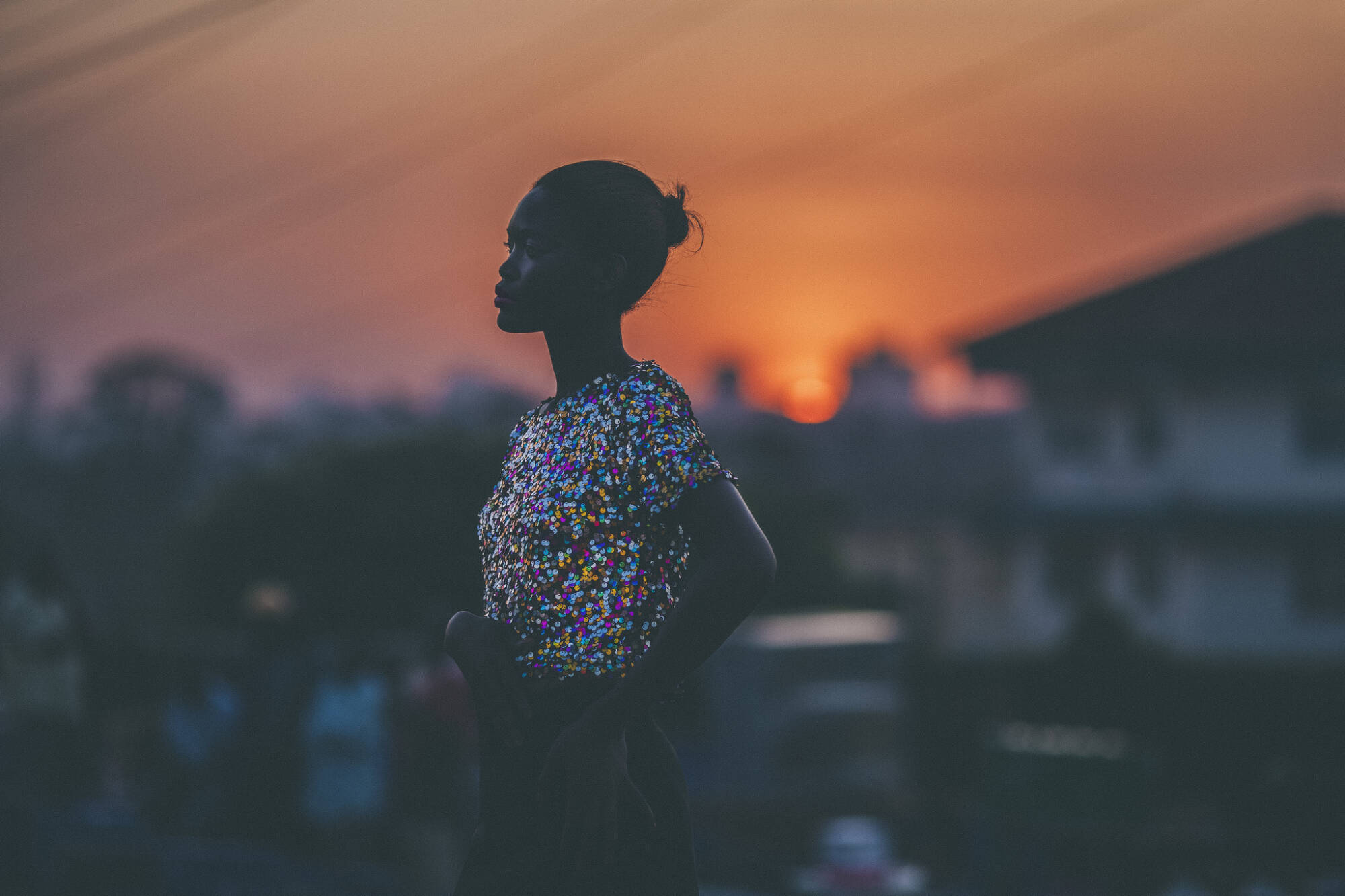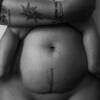Writing by Freya Bennett // Photograph by Mara Saiz // I want to talk about the other side of loss. The side that is okay. The side that isn’t often talked about because we are meant to remain sad, devastated victims.
Writing by Freya Bennett // Photograph by Mara Saiz

In April, I had a miscarriage.
It was awful.
Colours were suddenly grey, the natural daylight hurt my eyes, and the noise of the outside world seemed to hurt every inch of my body.
Knowing that I was now part of a 25% statistic made me feel like a failure. I was the person people would refer to when saying, “I know someone who has had a miscarriage.” The thought that I had to “un-tell” everyone our “exciting news” was too painful to bear.
All of this hit me like a ton of bricks, and I think I felt more pain crammed into one hour than I have ever felt in my entire life.
And yet, there was a relief. There was a burden lifted off my shoulders. I now had an answer, I now knew why I had been feeling “wrong”, and this took away my anxiety like nothing else. Once you hit rock bottom, there is nothing to worry about. Sure, there is deep sadness and hopelessness pooling all over your body, but there is no anxiety in this quiet, dark place.
I want to talk about the other side of loss. The side that is okay. The side that isn’t often talked about because we are meant to remain sad, devastated victims.
Within a few hours, I felt better than I had in weeks. Worry and anxiety is so exhausting and mind-clouding that this shock of loss was the cold splash of water I needed to wake me up. Suddenly, I was noticing sights, smells, and sounds I hadn’t noticed before. My mind was no longer controlling everything, and a fog had lifted. Sitting in the hospital waiting room, I was Googling career changes, houses to rent, and courses to study. Yes, there was an element of keeping my mind busy so that I didn’t have to think about the awful thing that had just happened, but mostly, I realised I needed change in my life.
During the days and weeks following the miscarriage, I had bursts of sadness, but they only lasted minutes. I had never felt as present as I did the first week after I received the news. It was awful, yes, but shock has a way of slamming you into the present like nothing else. We are so often told to “be present”, but it is damn hard – especially with hopes and dreams and plans for the future. When everything was taken away from me, I had no choice but to be in the present, and there was a part of that that was lovely. I noticed people; I noticed where I was in the world, the space around me, and the people rushing here and there. I felt really alive.
It’s now coming up to six months post miscarriage, and as hopes and dreams filter back into my brain, my anxiety spirals out of control. Buddhism talks about hopelessness as being a really freeing experience, and that is exactly how I felt straight after the miscarriage. I didn’t care about anything, there was no future in my mind, and there were no dreams. And that was such a mind-freeing experience.
Suffering a loss is one of the worst experiences anyone can go through. I wouldn’t wish it on my worst enemy. But when we imagine loss, we only imagine the grief, the tears, and the heartbreak. There is another side to loss; a side that stops you in your tracks and makes you notice the world around you. It isn’t happiness or joy, but there is a sense of peace, a sense of calm, and a reminder that we are only ever living in the present moment. There is no past and there is no future, only now.






